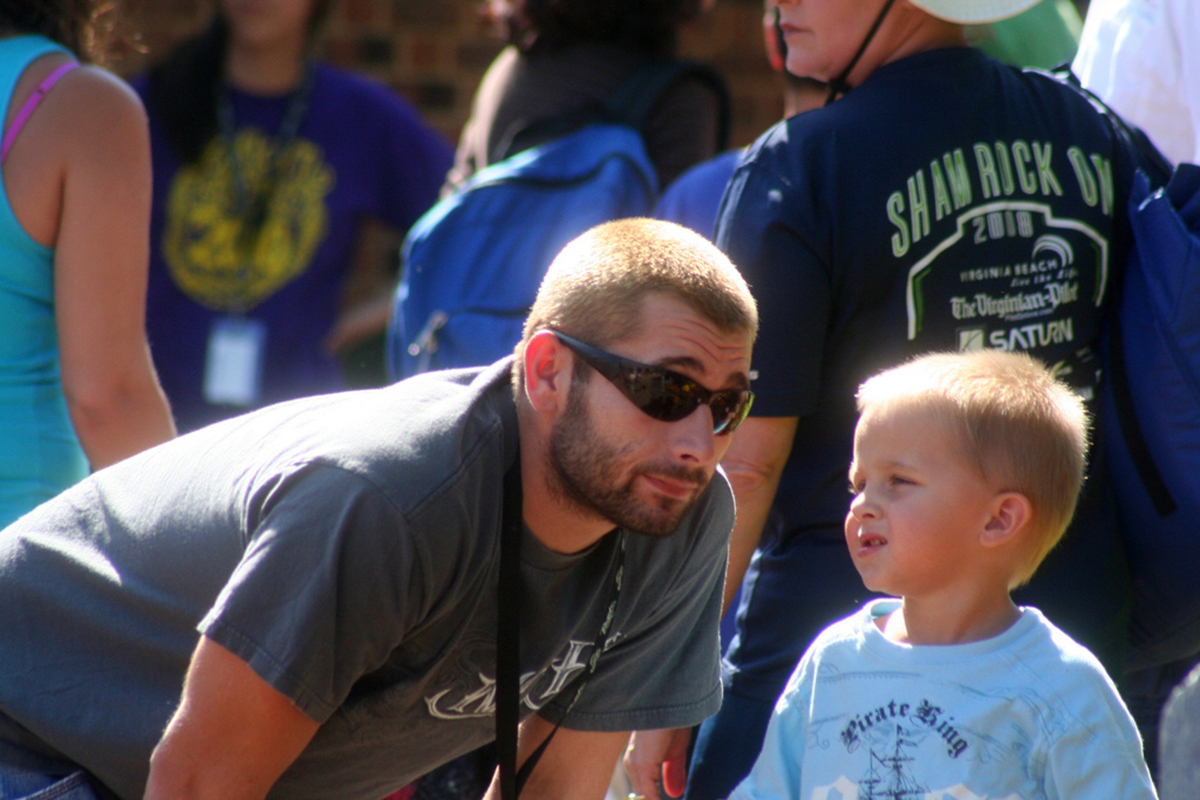Table of Contents
Parenting can be as scary as it is wonderful — our kids, it seems, are constantly accompanied by potential danger. What if a predator asks your child to help him look for a "lost puppy" at the playground, what if the neighborhood pedophile wants to show your child and his mates his train collection, what if your child is staying home alone for five minutes only to have a potential kidnapper knock on the door?
Thankfully, there's a simple answer, an answer in the form of a sentence that every single one of us has heard as kids: "Don't talk to strangers."

As long as your child knows that sentence inside out, their safety will increase exponentially. It will give them the knowledge they need without scaring them with creepy stories because, after all, all you really have to say is that there are people out there who may want to hurt your child — but by not talking to them, your kids can avoid those people. Right?
Not exactly. In fact, not at all.
"Don't talk to strangers" has become such a mainstay of parenting that questioning it seems silly. At first sight, "The Sentence" makes sense, after all, and it's what we were all taught when we were kids ourselves.
What Do We Really Mean By 'Don't Talk To Strangers'?
A stranger is anyone we don't know well, really. Is the post man a stranger? What about that lady at the supermarket checkout whom we frequently encounter? Into what category does the neighbor from down the street fall? And that nice man we had a chat with on the bus? Or the woman who stopped us in the street asking if we'd participate in a survey?
You get the point — we talk to people we don't know well, to strangers, all the time. Not only do our kids see us talk to strangers on a daily basis, we may even ask them to interact with those very same strangers too. "Go on, say thank you," you may say to your child as a waiter gives them the drink they ordered. "Tell Mr Rodgers how old you are," you may encourage your child as you're chatting with an elderly neighbor.
What's More...
Guess who is most likely to pose a danger to your child? Parents themselves statistically most often commit physical abuse against a child (no need to worry about that if you're not abusive), while sexual abuse is most often perpetrated by people who decidedly don't fall into the "stranger" category: step fathers, teachers, relatives, siblings, priests, sports' coaches, or friends of the family.
The Kindness Of Strangers
Young children, children of the age where they aren't ready to be out and about in the world by themselves yet, generally don't need to be making the call of who is and isn't safe yet — you'll be with them, making those decisions on their behalf and your own. The only situation in which the whole "don't talk to strangers" spiel would apply at all, then, is one in which they suddenly find themselves alone.
READ What Every Parent Should Know About Pedophiles
If your child gets lost, what do you think will make them safer? Knowing whom to approach for help and how, or being so paralyzed by a fear of strangers that they stand there, in that big old world, looking scared, lost, and vulnerable?
- Photo courtesy of Tobbyotter: www.flickr.com/photos/78428166@N00/5091671458/
- Photo courtesy of Tobbyotter: www.flickr.com/photos/78428166@N00/5091671458/
- Photo courtesy of fokinman: www.flickr.com/photos/fokinman/17049506432/

